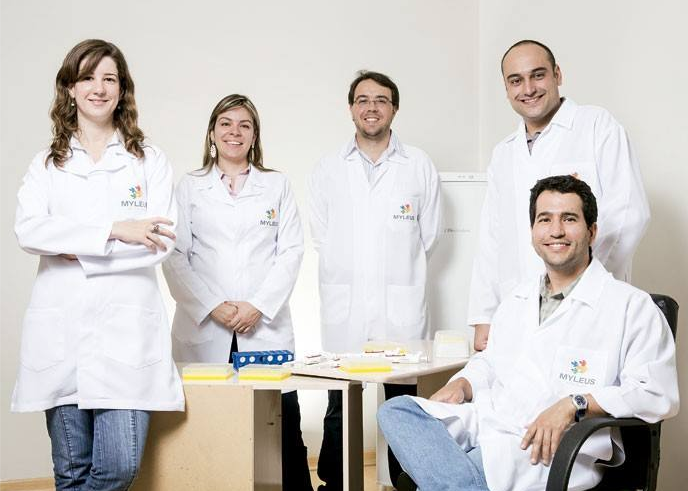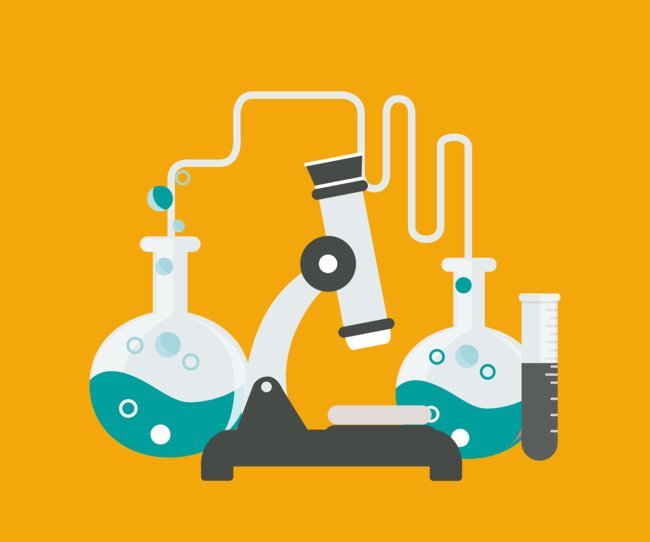 By Laura Lunardi, Technical Analyst of Biominas Brasil
By Laura Lunardi, Technical Analyst of Biominas Brasil
Recently, the Department of Science, Technology and Strategic Inputs of the Ministry of Health (SCTIE / MoH) has published decisions of the National Technology Incorporation Commission (CONITEC) regarding incorporation of medicines in the Brazilian National Health System (SUS).
Coordinated by SCTIE, CONITEC was created by the federal Law No. 12,401 of April 28, 2011 in replacement of CITEC (Technology Incorporation Committee). Since then, the institution has been responsible for decisions of incorporation, exclusion or modification of technologies and procedures in the SUS, as well as for both the National List of Essential Drug Products (RENAME) and the National List of Health Actions and Services (RENASES) elaboration.
According to the latest CONITEC’s decisions, a drug for behavioral disorder, immunosuppressants for lung transplantation and an injection formulation for cyanide intoxication will be part of SUS’ cast in 2016. It was also decided to not incorporate a food formula, a type of radiation therapy for head and neck tumors and a patch for dementia caused by Alzheimer. In addition, a granulocyte colony-stimulating factor and a combination of enzymes for the treatment of pancreatic insufficiency were excluded from SUS’ cast of drugs.
An important question is related to where such demands for incorporation or exclusion of technologies come from. CONITEC follows a flow, where it receives requests from several applicants, analyzes, submits them to public consultations and takes a decision within 180 days[1] to accept or not the applicant’s demands. These applicants may be from private companies, public agencies as the MoH, patient associations and other organizations. The technologies applied can be drugs, medical devices and procedures and these requests must meet specific criteria proposed by the Commission.
Since 2011, 459 requests were made to the CONITEC, among which, 422 were for incorporating, 34 for excluding and three for expanding the technology use. The Commission has accepted 43% of these claims, while 18% were denied, 31% were closed (for lack of documentation, by the applicant’s request) and 8% are still under review.
Regarding these applicants, public institutions, such as MoH, the National Health Surveillance Agency (ANVISA) and various other state departments, accounted for 59% of requests to CONITEC. The private initiative, such as large pharmaceutical industries, accounted for 34% of requests. Other organizations, such as patient associations and health professional societies, submitted about 6% of the applications. However, the lowest success rate, considering all requests, belongs to the private initiative, where only 13% of applications were accepted by CONITEC. Meanwhile, 69% of public institutions’ requests had positive results. It is important to highlight that 40% of requests (60 claims) from the private sector have been closed for lack of compliance in the documentation and 37% (55 claims) were denied. It is also notable the difficulty by the industry to meet the Commission’s requirements, possibly related to economic evaluation studies and budget impact analysis. This difficulty, combined with lack of financial resources for the provision of new technologies to the population, leads to a decrease on the success rate of SUS’ cast inclusions.
The requests for the Commission may also be classified by technology type. In this sense, 64% of all requests (294 claims) were related to drugs, 22% to medical procedures and 14% to medical devices. Regarding drugs, the therapeutic class with the largest number of incorporation requests was the immuno-inflammation area. 24% of the area’s requests (61 claims) mainly referred to monoclonal antibodies for the treatment of rheumatoid arthritis and psoriasis. Secondly, with 14% (37 claims) are the anti-infectives class, particularly treatments for hepatitis and anti-retrovirals for HIV. It is possible to correlate this profile of incorporation requests to the current Brazilian scenario, characterized by an aging population and almost 40,000 HIV new cases / year in the country.
Another point to be mentioned refers to the oncological drug class, with 15% of all incorporation applications. Of these, about 60% were made by the private sector, which had the highest number of cases closed for documentation noncompliance (13 closed requests, 12 made by the private sector), besides the many denied requests by the Commission. As a possible explanation, in addition to the difficulties on proving oncological drug effectiveness are the high-cost treatments combined with not favorable budgetary impacts to the government. As result, less treatment options are offered to patients under SUS.
According to this scenario, it can be concluded that the actors involved in the process of technologies incorporation need a better alignment. The health system efficiency, desired by the government, still faces budgetary barriers that hinder people’s access to health. On the other hand, the private sector, by seeking new markets and developing new technologies, does not reach the population by formalities and political barriers. In this way, the establishment of specific public policies for some conditions, such as rare diseases, is important to broaden access to various treatment options. The industry can establish a better communication with the regulatory agencies in order to reduce closing processes caused by documentary nonconformities. These adjustments, along with an efficient evaluation process for new technologies, can bring direct benefits to the population, helping to ensure their access to innovative drugs, technologies and procedures.
[1] With possible extention for up to 90 days.
Ainda não recebemos comentários. Seja o primeiro a deixar sua opinião.





Leave a Reply